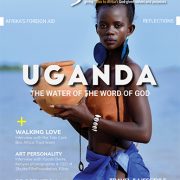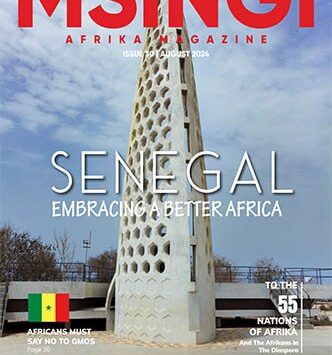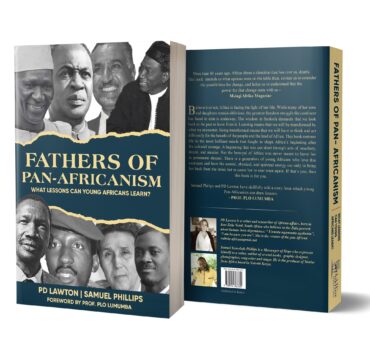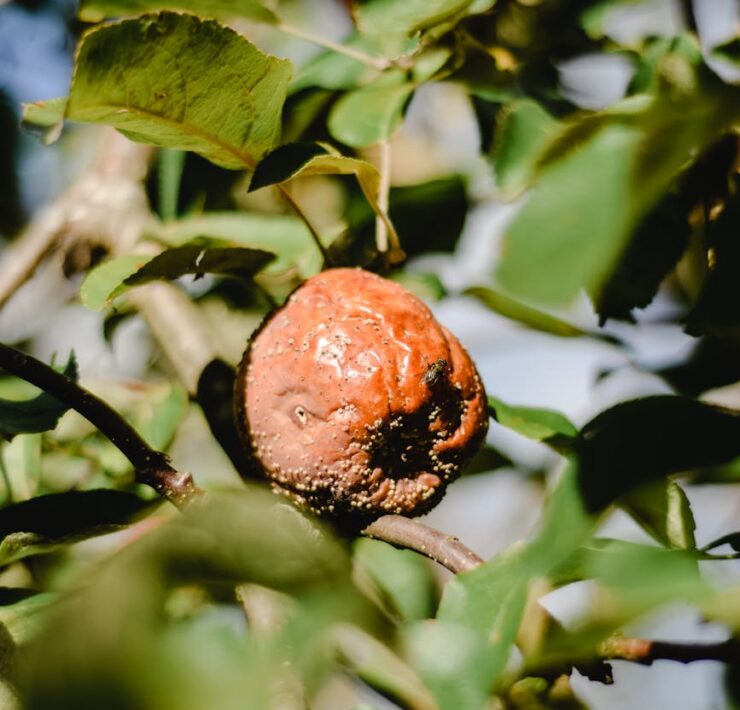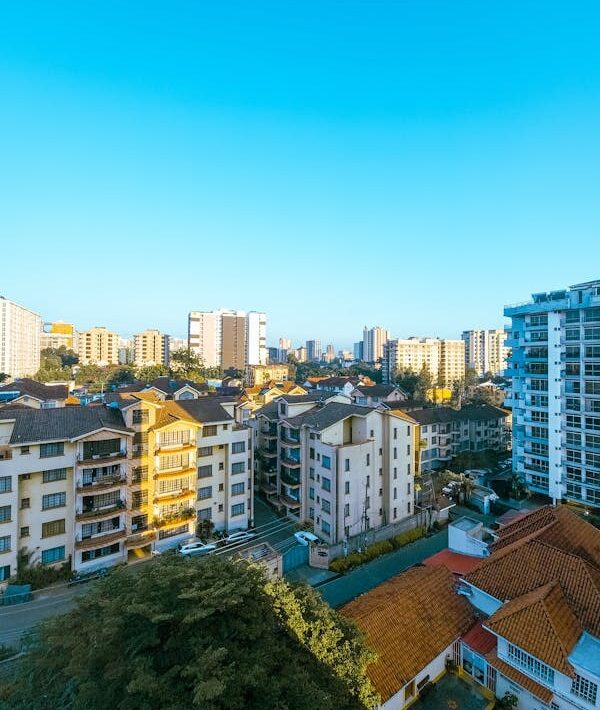NATION IN VIEW: SENEGAL
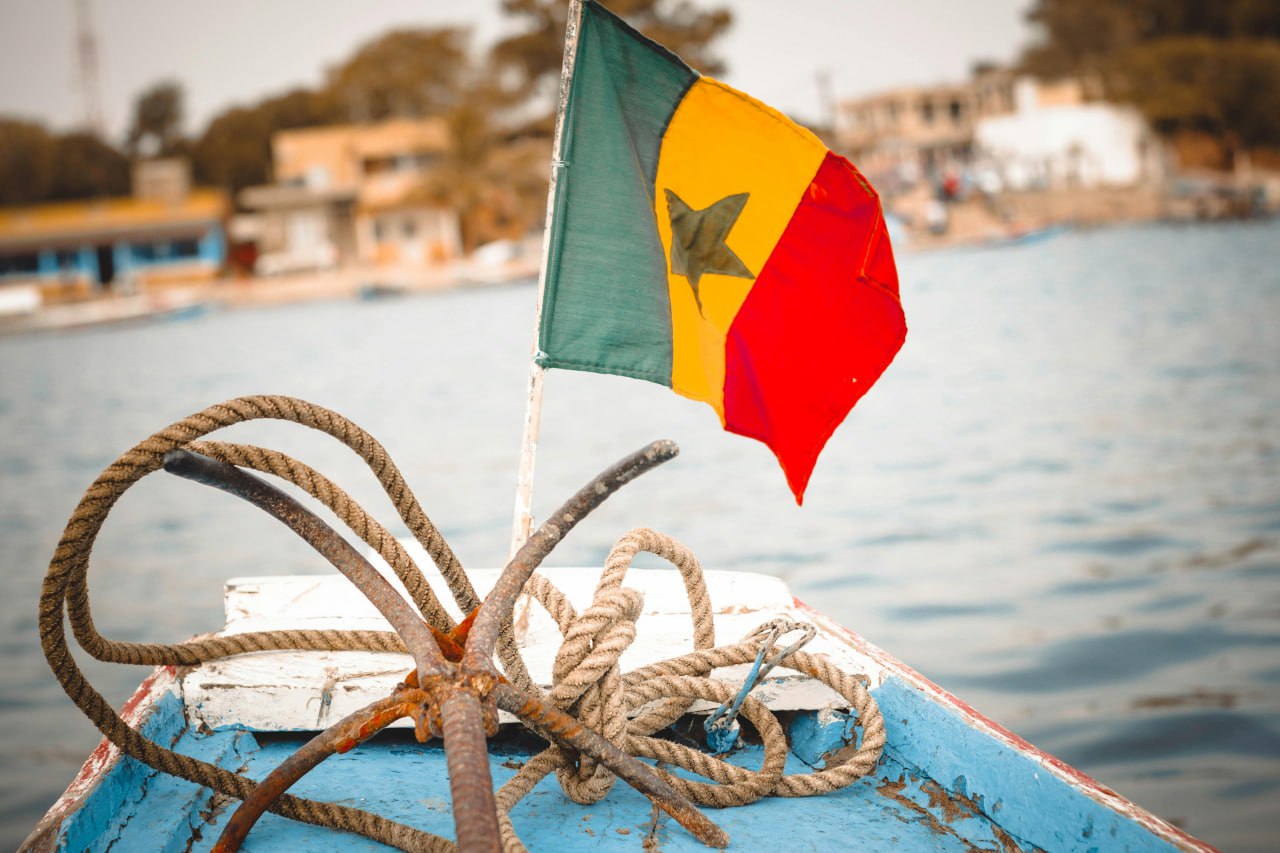
Samuel Phillips is a writer, graphic designer, photographer, songwriter, singer…
EMBRACING A NEW AFRICA
There must come a time in the lives of a people when they tell themselves that there is a need for something better than what they have always had. The sadness, poverty, corruption, mismanagement, backwardness and the various foreign and local manipulations of local policies and even the crises in various parts of the continent that have choked Africa for decades must now be removed and replaced with something worthy of a people who are the Motherland of Humanity. The season we are in and the future we want to see call for it.
However, the reality of a better Africa cannot just be an idea that we carry around, a theory we talk about in conferences and summits, or even a dream that we hope should magically appear someday in the future. It should be a measurable, conscious project that we all are willing to plan for and do the work that is required to make happen. But this won’t even begin to happen until we start to both see the need for a better Africa and begin to practically work towards its actualization. Also, we cannot begin to actively engage in the betterment of Africa if we do not have a focused idea of the various aspects of African life that need such a conscious project. And even though the entire living, breathing organism called Africa needs a rebirth which will take more time and resources, we can at least start with the most obvious ones. Below is a short list of the most basic areas that we must tackle and begin to make changes in:
Healthcare
Because of the active damage that capitalism and the over-commercialization of the health sector has done and is still actively doing, what we have right now in health care is mostly not care but the exchange of money for the products of pharmaceutical companies which really don’t care for our health. This is not an idle statement but what you can clearly measure if you look at the number of people who are hooked on or made addicted to these pharmaceutical products. And this is not necessarily because these products are doing a great job of restoring health, but because they make you depend on more drugs to alleviate the side effects of the original drugs that you started with. So, instead of being healed from whatever the ailment may have been (if you were even diagnosed accurately and genuinely), you instead become a walking machine that is fueled and maintained by medicines which are byproducts of the petrochemical industry. And the basic meaning of that is, that pharmaceutical companies care about making sure you are always sick so that your life makes them money. Human life to them has become a database of money-making entries. But we can stop this. We must move from the commercialized treatment of symptoms to a more humanized curing of diseases. And this means that we must give real focus to preventive medicine, and curative medicine, rather than the medical system we have now that deals with just symptoms. This preventive type of health care starts with paying attention to the health of the food we eat, the health of the soil in which our foods are grown, the health of the water we drink, the health of the environment we live in and the various aspects of healthy organic lifestyles.
We do not need any government policies to start to make this a reality in our homes or with our families. We just have to decide to start.
Food production
The war against Africa’s indigenous seeds is very real and the devastation it is causing already is staring us all in the face even as we speak. Take for example, according to the UN, Zimbabwe recently became the country with the largest number of cancer cases globally. Interestingly, Zimbabwe is also one of the countries in Africa that has been eating GMOs and the derivatives of GMO products.
It’s pretty easy to make the connection that GMOs, no matter what their creators tell you, can never be a healthy alternative to real organic food. The one way out of this evil of GMOs is to aggressively plant and eat indigenous organic food crops. If we boycott the buying of GMO products, their production and sale will naturally die off. We are that powerful and can make such change happen in Africa.
Information Technology
An Africa that should be better must factor in how the data of Africans are collected by foreign platforms online, and even offline, and what they are used for. And this should begin with Africa owning its versions of everything that works on the internet. Accurate systems for internet usage and data collection must be put in place.
Holistic Family life
It takes a family of individuals to create communities for a better Africa. In a real sense, holistic living must be spiritual, mental and physical. We must work towards changing how we deal with and raise our families. It must not be after the “individualistic” patterns of the West but an African pattern centered on healthy common unity or community.
New African Unity
Borderless Africa: when one talks about a borderless Africa, it’s not like one is saying we don’t need any form of protection or security at the borders. I am not saying that Africans crossing from one nation to another, within Africa, should not be vetted or should just allowed in. No. What I am saying is that we must first begin by removing the borders from our minds; that mindset that makes us see a fellow African first as a criminal before even knowing them must be uprooted. It is nothing but the effect of the colonial stain in our hearts towards one another. We must deal with that. Also, why should it be easier for an American or a European or Chinese to have easy and cheaper access or even visa-free access to the continent of Africa when Africans themselves do not? Why? Why are we stuck in our minds about how to change the WRONG ideologies in our African narrative?
Education: Like I have said, times without number, any education that does not allow you to think for yourself and come up with self-actualizing solutions to your own problems, is nothing but indoctrination. And we all know that the sole purpose of indoctrination is the subjugation of the person being indoctrinated. We must educate ourselves to know when what we have always known has become a danger to our collective health and lives. We must build a better Africa in which our Gen Zs don’t have to risk their lives on the streets, in the hands of police brutality so that they can come and tell us that our nations are sick. We should know when our nations are sick and right now, I think we have a really sick continent in our hands that needs help. Reeducating the African mind with what matters will help us begin to heal our land and also create a better continent for our people.
Looking in the mirror
As Africans, we must come to the realization that what troubles us is not always foreign instigated but the very local things we allow in our midst. The mirror effect is very useful in such cases. We must look into the mirrors of our own lives and see in what ways we are the ones troubling ourselves. Let’s be those who are not afraid to look in the mirror and see the truth of what needs to be done for the change that we so much want to see.
Interesting Things About Senegal
Written by Austin Bailey. Posted on
Heifer International
It’s A Quick(Ish) Trip
Senegal is sometimes called the Gateway to Africa because its coastline is the farthest western point on the continent. A direct flight from New York to Senegal’s capital city takes just over eight hours.
Don’t Go Looking All Raggedy
Dakar, Senegal’s cosmopolitan capital, is nicknamed the Paris of Africa. This high-tempo city teems with artists and musicians, and high fashion abounds on the streets. If you go, take something cute to wear.
Nous Parlons Francais
Senegal officially came under French control in 1895, although French traders and slavers had set up shop along the African coastline hundreds of years before. Senegalese soldiers fought for France in both world wars. Senegal declared independence from France in 1960, but French continues to be Senegal’s official language. English is spoken in heavily touristed areas.
Baobob [sic] Trees Are Amazing
The baobob [sic] tree is a national symbol of Senegal and an integral part of the country’s culture. The bark, pulp, leaves and fruit of these giant trees are used for ropes, food, medicine and animal fodder. The trees themselves serve as important meeting places, and the cavities that form inside the massive trunks have traditionally been used as graves for griots, renowned storytellers and poets.
Wonderful Wolof Ways
Wolof is the largest ethnic group in Senegal, making up two-fifths of the population, and the Wolof language is the second most common in Senegal, after French. Wolof was historically a socially stratified culture with marriages confined within strict social and family groups. Wolof women are renowned for their intricate hairstyles, gold jewelry and bright, billowing dresses.
A Dark Time In History
Gorée Island, a 20-minute ferry ride from Dakar, is a UNESCO World Heritage site. From the 15th to the 19th century, it was the busiest slave-trading center on the African coast. Visitors today can tour the palatial ruins of the former homes of Portuguese, Dutch, French and English slave traders and the tiny, bleak cells where enslaved people were packed together without fresh air or light while awaiting passage to the Americas.
A Country Nearly Sliced In Half
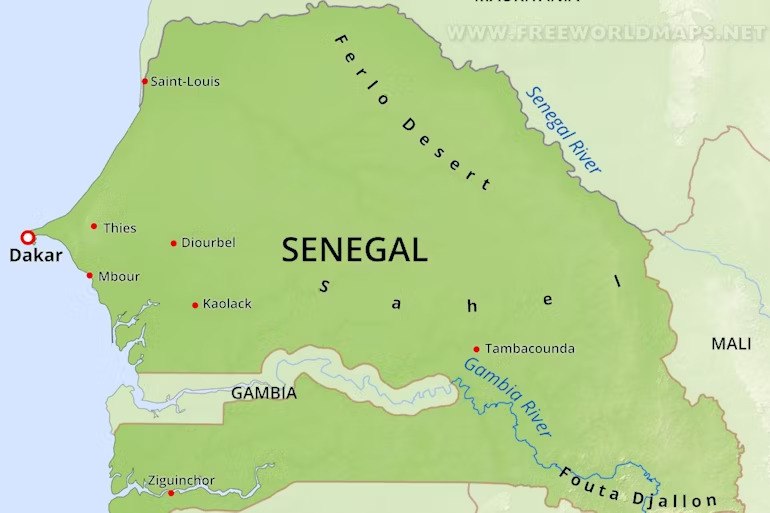
If the map of Senegal was a man with a mullet looking westward, his mouth would be The Gambia, a sliver of a country that nearly bisects Senegal.
Fulani Is A Culture On The Move
The Fulani people, also called Fula or Fulbe, are spread throughout Western Africa, and about 3 million Fulani people live in Senegal. Traditionally pastoralists, many Fulani in Senegal still live a nomadic lifestyle, traveling with their herds of cattle, sheep and goats to find water and grazing land.
Religious Tolerance Is The Rule
While more than 90 percent of Senegalese people practice Islam, the country is quite tolerant to other traditions. The government recognizes both Muslim and Christian holidays. The Great Mosque of Touba is among the largest of its kind in West Africa.
A Culture Of Sharing
In Wolof, teranga is the word for hospitality and generosity of spirit that informs how guests are treated and resources are shared. The spirit of teranga is front and center during meals, when everyone generally shares from a communal bowl. Hand washing with pitchers of clean water is an important pre-meal ritual. Food is usually eaten with the fingers, and good manners dictate that diners eat only from the part of the bowl right in front of them.
Prayer for Senegal
I pray for you, the beautiful nation of Senegal, that the very unique things that set you apart as great will also bring you to the forefront of true leadership in Africa and make you a real solution-bearer to the issues of the world. Yours is a nation that has gone through its challenges like every African country and you now have the tested wisdom to deal with any further challenges that will come your way. Take time to look inward, count your blessings and then diligently work your way with what you have to your pinnacle of success. Be blessed indeed.
What's Your Reaction?
Samuel Phillips is a writer, graphic designer, photographer, songwriter, singer and a lover of God. As an Afrikan content creator, he is passionate about creating a better image and positive narrative about Afrika and Afrikans. He is a true Afrikan who believes that the true potential of Afrika and Afrikans can manifest through God and accurate collaborations between Afrikans. Afrika is the land of kings, emperors, original wisdom, ancient civilizations, great men and women and not some road-side-aid-begging poor third world continent that the world finds joy in undermining.








